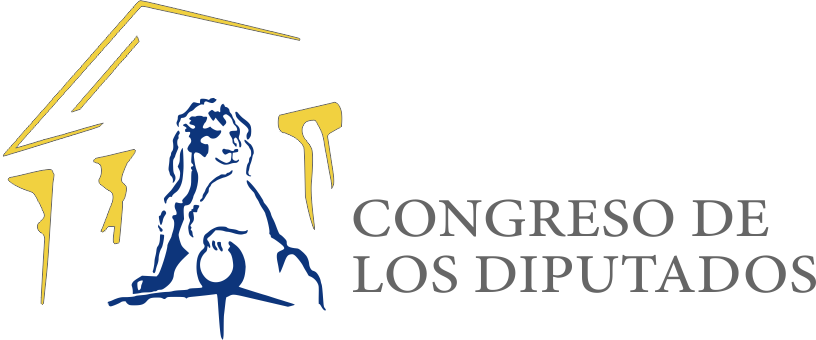|
The members of the Congress of Deputies are elected by provincial electoral districts according to lists submitted by political parties, coalitions and groups of electors by means of a proportional system.
Once elected, they represent the Spanish people, and thus they are not bound by compulsory mandate. This fact does not exclude that they may decide to voluntarily join a Parliamentary Group and be subject to its internal discipline. Moreover, to become Deputies, in the first sitting of the Plenary they attend they must take the oath or the pledge to observe the Constitution and fill in their declaration of activities.
They are entitled to attend and vote at Plenary sittings and Committee meetings, as well as any other bodies they are part of. A Member’s vote is personal and may not be delegated and may be conducted by assent to the Chair’s proposal, by electronic procedure, by public roll-call or secret (electronic or by ballot).
|
|
As regards oversight, they may pose questions to the Government, both to be replied orally or in writing in Committee or Plenary meetings. For due fulfillment of their parliamentary duties and with prior knowledge of their respective parliamentary group, Members are entitled to request from Public Administrations all information or papers the latter may possess.
Likewise, as regards the legislative process, and with a minimum number of 15, they may endorse legislative proposals. They may also table amendments to sections.
They enjoy prerogatives which are common to members of democratic parliaments and whose aim is to safeguard the independence of the Chamber. In the first place, immunity (article 71.1 of the Constitution and article 10 of the Standing Orders of the Congress), which entails that they shall not be liable to prosecution for the views expressed and votes cast in the performance of their parliamentary duties. And all this bearing in mind that for the Parliament to perform its functions, particularly the oversight and accountability ones, the fullest freedom of speech is required. However, immunity does not hinder the Speaker from conducting his/her disciplinary functions regarding the views expressed by Members. Thus, the Speaker may call to order any Member having expressed offensive words or concepts.
In the second place, they enjoy freedom from arrest (article 71.2 of the Constitution and articles 11 to 14 of the Standing Orders of the Congress). By virtue of the latter, they may not be indicted or prosecuted without previous leave of the Chamber, requested by the Supreme Court by means of its relevant petition to set aside this privilege. To this end, a procedure must be followed with the hearing of the concerned Member and which shall result in the relevant decision being taken by secret voting. The aim of this prerogative is to safeguard the membership of the Chamber, stemming from popular sovereignty. Likewise, and for the same reason, Members may only be arrested in case of flagrante delicto.
Deputies shall at all times observe the disqualification rules laid down in the Constitution and in the electoral legislation. To this end, upon taking office, Members must complete a declaration of activities which shall subsequently be informed by the Members’ Status Committee. Should any incompatibility be noticed, the concerned individual must choose between his/her seat and the incompatible position. Likewise, Members must notify any change in their situation during the legislative term. At the same time, they must submit a declaration on their assets. All these declarations shall be entered in the Registry of Interests which has a public nature.
They are likewise subject to the Code of Conduct of the Cortes Generales
For more information: - Registry of interests, activities, assets and incomes
|
